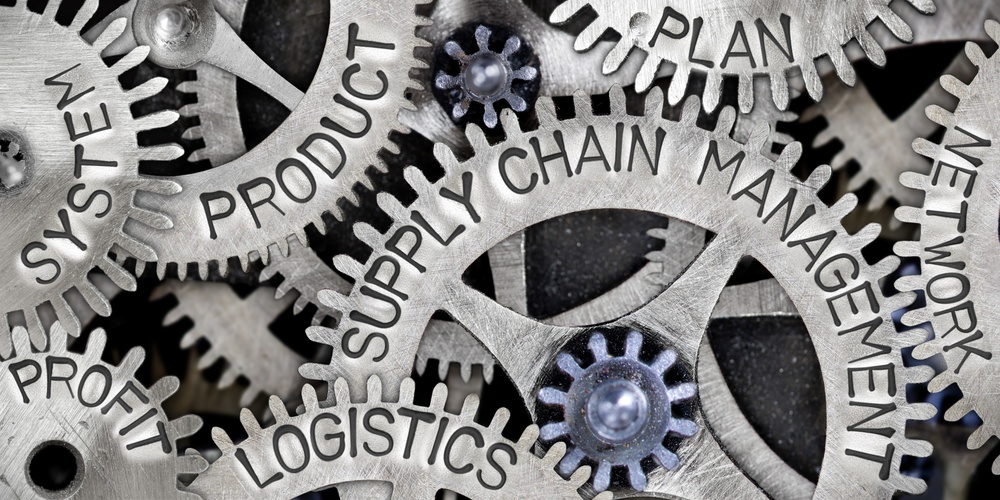11 Nov 2019
Manufacturing capability returning to UK from overseas

Manufacturing was largely a domestic process in the UK until the early 1980's, but the development of automation technologies and cheap offshore labour led many companies to move production into other parts of Europe and Asia. This trend has continued, but in recent years onshoring (the practice of moving manufacturing operations from foreign soil back to the UK) has seen a resurgence.
Pre-Brexit, UK companies were starting to onshore manufacturing back to the UK, partner with domestic manufacturers for outsourced tasks and, due to a domestic demand for goods such as machinery, site assembly facilities close to final demand. This was all against a backdrop of political change, rising labour costs in developing markets, increased demand for higher-quality products (and the control needed to deliver these), and intellectual property (IP) protections.
The prospect of Brexit, combined with an uncertain global economy, has led to a slow down and made decisions over the location of manufacturing facilities even more difficult for management teams.
Domestic manufacturing has several financial and logistical benefits:
- Reduction in cost differences - Increases in shipping and raw material costs and rising labour costs in developing Asian and Eastern European countries, mean that the significant savings that encouraged offshoring in the late 20th century, have been largely reduced or eliminated.
- Changing political landscape - Unstable trade relations have made the cost of doing business in Asia less appealing, and many manufacturers are looking at creating a blend of local onshoring and nearshoring production techniques to appeal to domestic markets. This localised control also helps manage regulatory demands and quality control requirements.
- Non-monetary factors - Considerations such as not conforming to material standards, variations in product quality, and potential losses of intellectual property rights are more easily managed in a local manufacturing environment, or by using domestic third parties, allowing business to operate within one primary set of regulations.
- Supply chain management - Onshoring operations and using domestic partners often allows companies to operate in the same time zone as the companies they hire. It also reduces language barriers, cultural barriers, and transportation complexities.
- Increased agility - Although technology can mitigate this to an extent the closer to the customers, the shorter the supply chains and lead times. Suppliers, manufacturers and distributors could have a closer relationship, without the challenge of dealing with long distances.
- Less volatile supply chains and consistent inventory levels - There is more uncertainty over delivery from offshore manufacturing and inventory levels carried may need to be higher.
- Higher quality - The UK has a long and well-deserved reputation for quality, with globally recognised systems and quality standards. A real selling point for UK-based manufacturing.
When to outsource and localise production
Outsourcing certain processes makes sense for many businesses, as it allows them to focus on their own core competencies, without investing undue resources in equipment, labour, and processes that aren't essential nor familiar. Undoubtedly, companies are more profitable when they specialise, keeping just a few select tasks in-house and using other partners to handle the rest of the process.
To onshore profitably and efficiently, companies should carefully evaluate their costs and build long-term domestic partnerships, facilities, and processes. When beginning to move production back to the UK, companies should:
- Evaluate national and local incentives that are available
- Search for trusted third-party production sites that can handle their designs, material requirements, and quality control standards.
- Find large enough population areas to fill job openings
- Locate in proximity to third-party manufacturers, to maximise the benefits from the supply chain.
While offshoring is still a popular choice for multinational corporations, the value of coming back to the UK is continuing to grow. Companies should focus on viable onshoring methods when they:
- Focus on domestic and nearshore markets;
- Need smarter and more automated production methods handled by highly skilled workers;
- Can access government incentives that outweigh the short-term costs of changing production locations;
- Want to build long-term production processes that protect their IP rights and reputation of high-quality production.
Whilst we do not know what the incentive for business regime will look like post the 12 December election, or indeed if we will be leaving the EU, but current low (and reducing) corporation tax rates and annual investment allowances have helped create an environment that supports the investment decision to bring manufacturing back to UK shores. What business needs is the removal of the uncertainty we have now, so the big decisions can be made.
To discuss this further, please contact me on 01793 818300.